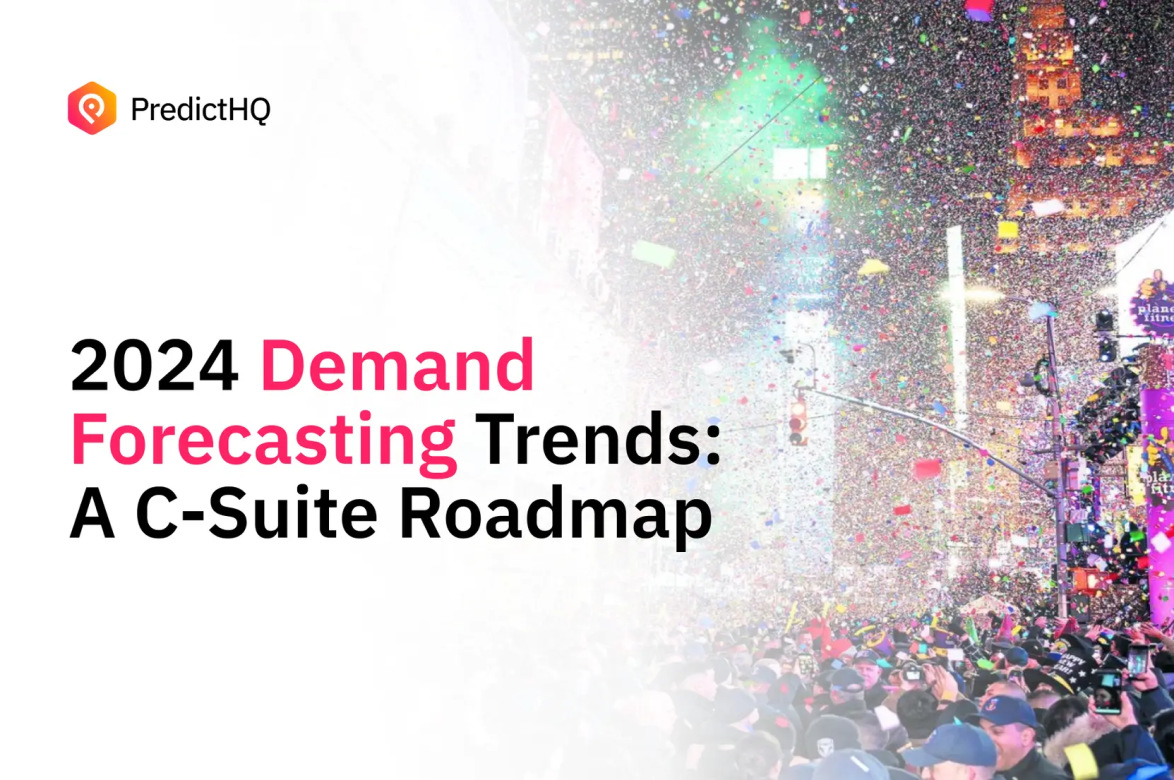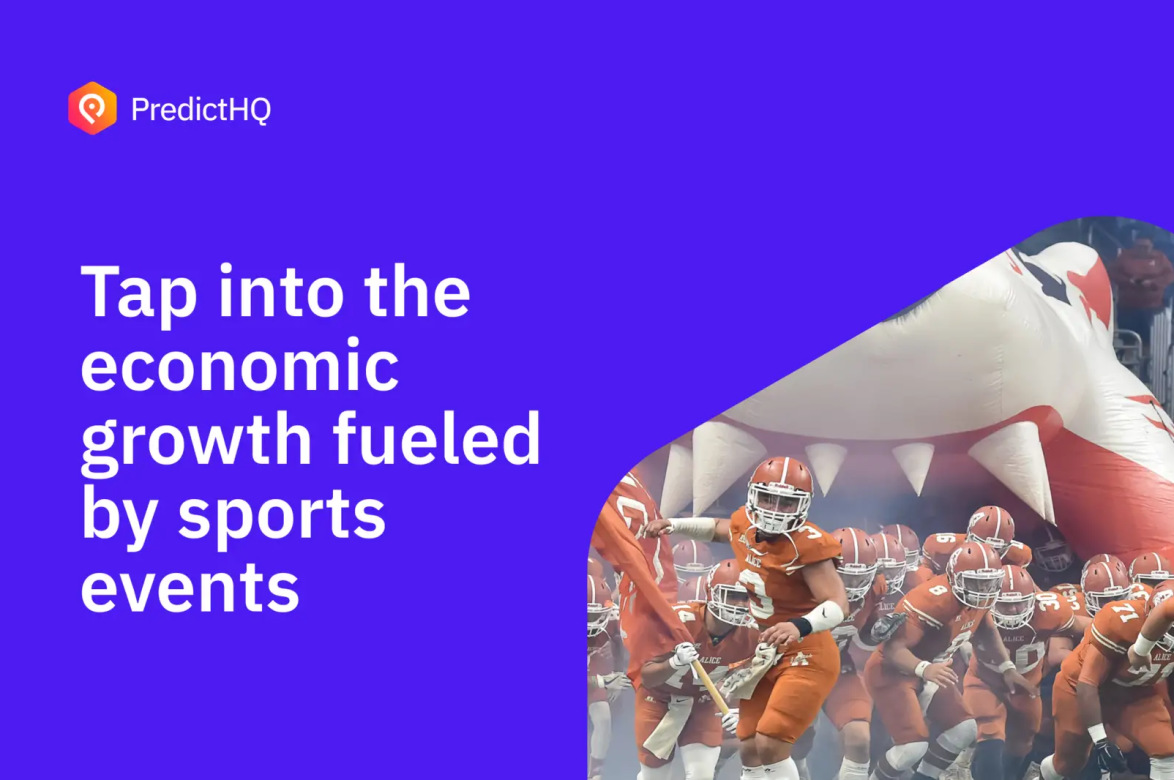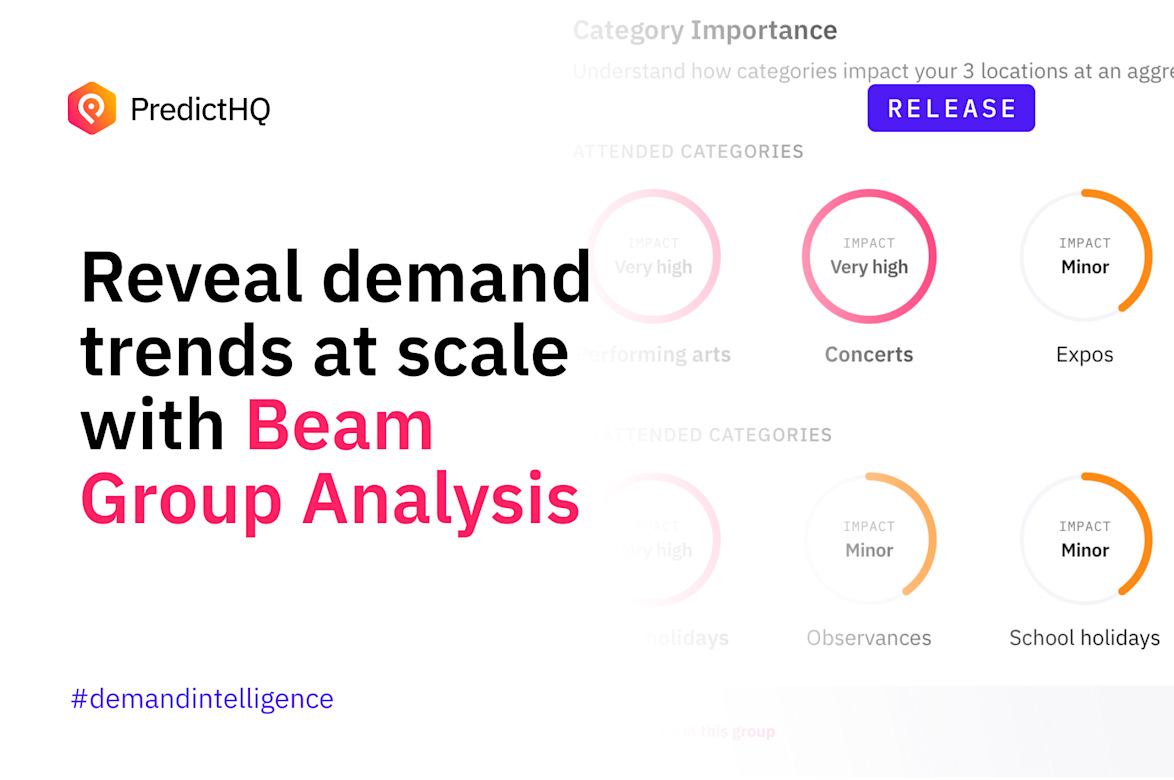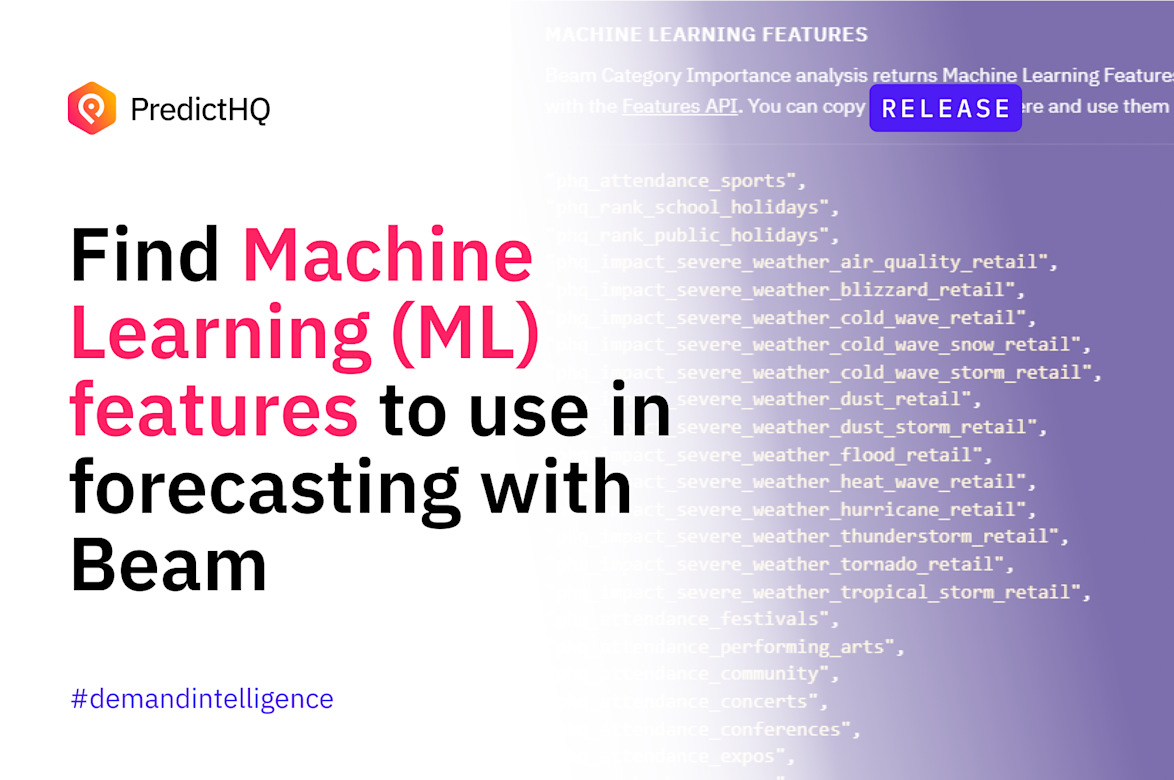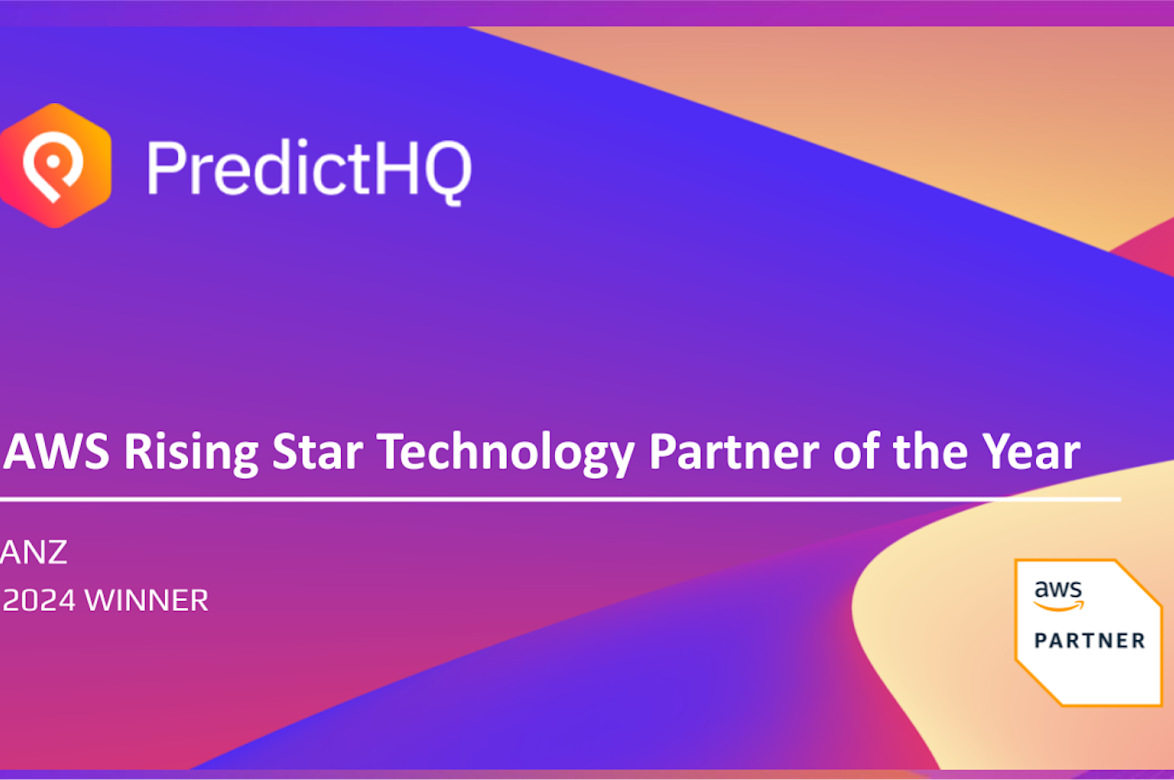The experience economy: Where funflation meets profitability

Consumers are paying more for experiences and businesses must adapt
As live events like concerts, festivals, and sports events make a comeback across the globe, demand and ticket prices have been steadily rising in recent years. Costs of entertainment and leisure activities have gone up as a direct result of the rising experience economy where people are willing to pay a premium for unique and memorable experiences:
Nashville hotel rates surged over $1100 per night for Taylor Swift concert nights
VIP tickets for Beyonce 'RENAISSANCE TOUR' were $3,500, not including fees
The $1 Million Formula 1 Las Vegas Package offered by Wynn Las Vegas
CNBC reported in early November that Live Nation Entertainment delivered a record breaking quarter, up 32% to $8.2 billion, significantly higher than the $6.99 billion expected. This was primarily driven by its concert ticket sales. Beyond Taylor Swift and Beyonce, there were tours from Harry Styles, Billy Joel and Stevie Nicks, the Red Hot Chili Peppers, Lizzo and many more artists.
Due to the increasing popularity of live events, the cost of entertainment and leisure activities is rising faster than the overall cost of living – despite pressure from inflation driving up prices for basic necessities and everyday items. The impact of this “funflation” very well may continue beyond Taylor Swift and Beyoncé's tours due to market trends including consumer spending shifting to experiences and strong sponsorship for live events.
However, there is some risk in betting on this trend to continue, as the macro environment and consumers' willingness to spend during a potential downturn in the economy are two of the biggest overhangs in the near term. With such uncertainty, being able to accurately predict and act on demand signals will give you a head start over your competitors. In this article, we’ll discuss how to have insight and track upcoming live events and their expected impact on demand.
Events have always been major catalysts for demand
Events have always played a significant role in shaping consumer behavior, market trends, and competitive dynamics. They have the power to influence spending patterns, foster brand loyalty, and create memorable experiences for both individuals and businesses. As mentioned above, we are seeing an impressive increase in the demand for events and because of this unpredictable shift in consumer spending, businesses now more than ever need access to accurate and detailed data around events. Without the right insights and data, it’s impossible to fully comprehend the impact of these events on your target audience and your business.
This is where third-party data comes into play. PredictHQ is a data intelligence company that aggregates, cleanses, enriches and ranks real world events, such as Taylor Swift Concerts, sports games, conferences and much more, into one single global source of truth. We provide this event data and intelligence built on top of it to enable businesses to forecast shifts in demand. Companies like PredictHQ give companies access to granular, hyperlocal data that helps them identify trends and uncover opportunities.
By incorporating this missing context into your demand forecasting, you can proactively align operations with the anticipated demand, ensuring you are fully prepared to cater to the influx of customers and tap into every opportunity.
Predicting the event economy for a competitive edge
Tracking events is one thing, but what about being able to track the predicted economic impact of these events as well? PredictHQ’s Predicted Event Spend is a dollar figure that reflects the predicted amount of spending surrounding events. Yes, this means predicting the economic impact of major events like Beyonce concerts in advance.
The data reflects the predicted amount of retail, accommodation, and transportation spending in a specific area as a result of a major event. It harnesses advanced artificial intelligence and machine learning models, along with comprehensive event data to provide businesses with unparalleled insights into the economic impact of events and empower businesses to capitalize on revenue-generating events that have a significant impact on local economies, enabling them to make informed decisions and optimize their operations.
By leveraging these predictive modeling techniques, businesses can forecast future consumer spending patterns, giving them a competitive edge and the power to adapt to evolving market dynamics.
Case Study: The Taylor Swift Effect on accommodation demand
Let’s dig into how leading businesses are leveraging third-party event data and the spending these events bring. Despite the extensive discussions surrounding this topic, it is worth mentioning that the Taylor Swift effect is having a major impact on the hotel industry.
The Eras Tour is driving up prices and occupancy in major cities around the world, and it’s only halfway through. In some cases, prices are surging to twice or even three times their usual rates on the nights of her concerts. Hoteliers with data-driven strategies and insight into consumer spending patterns are taking note and adjusting their pricing strategies accordingly.
The tour is expected to have an even bigger impact in 2024, when it visits Asia-Pacific and Europe. Demand is already high in some of these destinations, and prices are increasing.
Predicted to generate as much as $5B in direct spending, the Taylor Swift effect on the economy has been nothing short of extraordinary. As her tour continues to captivate millions of fans from all corners of the globe, the impact on the hotel industry has been absolutely staggering:
Hotel prices in cities hosting the Eras Tour are up an average of 7.2% compared to the same time last year. Occupancy rates are also up, with some hotels reporting occupancy rates of over 90%.
Similarly, the tour is having an impact on the Airbnb market, with the average daily rate for rentals in cities hosting the Eras Tour up 15% compared to the same time last year.
In some cases, prices have doubled and even tripled on the nights of her concerts. This unprecedented surge in demand has left hoteliers scrambling to adjust their pricing strategies to keep up with the overwhelming influx of Swifties.
And it's not solely about increasing prices. These businesses have recognized the opportunity and have strategically adjusted their marketing and customer experiences as well. Hoteliers who have embraced data-driven strategies and possess keen insight into consumer spending patterns have fared exceptionally well during this whirlwind tour. This of course is specific to the accommodation space and is just one of thousands of examples.
Track events for valuable insights into demand and high-impact spending
Although it is unclear whether this trend of consumers being willing to shell out a ton of cash for experiences and events will hold as we move into the new year, as a business, you should have insight into events and the demand they are expecting to drive.
The ability to track events and understand consumer spending patterns around events is not just a business strategy; it's a necessity in today's competitive landscape as is evidenced by the businesses who have moved swiftly to take advantage of the Taylor Swift boom this year.
By harnessing the power of data and insights, businesses can seize opportunities, optimize their operations, optimize marketing efforts, and ultimately thrive in a constantly changing environment. To remain relevant and successful, companies need to embrace tracking events. So, start tracking events and start understanding the consumer spend around these events.



